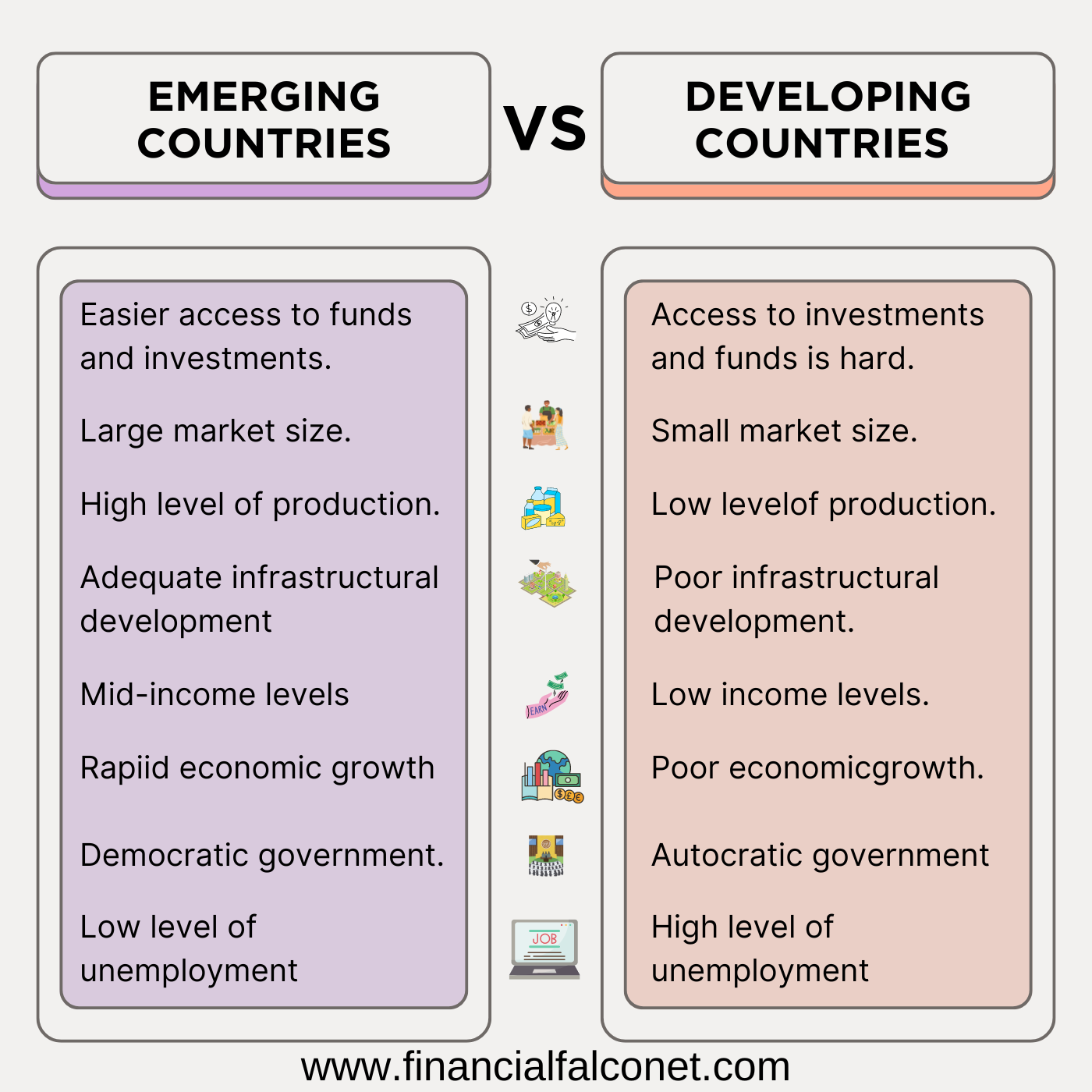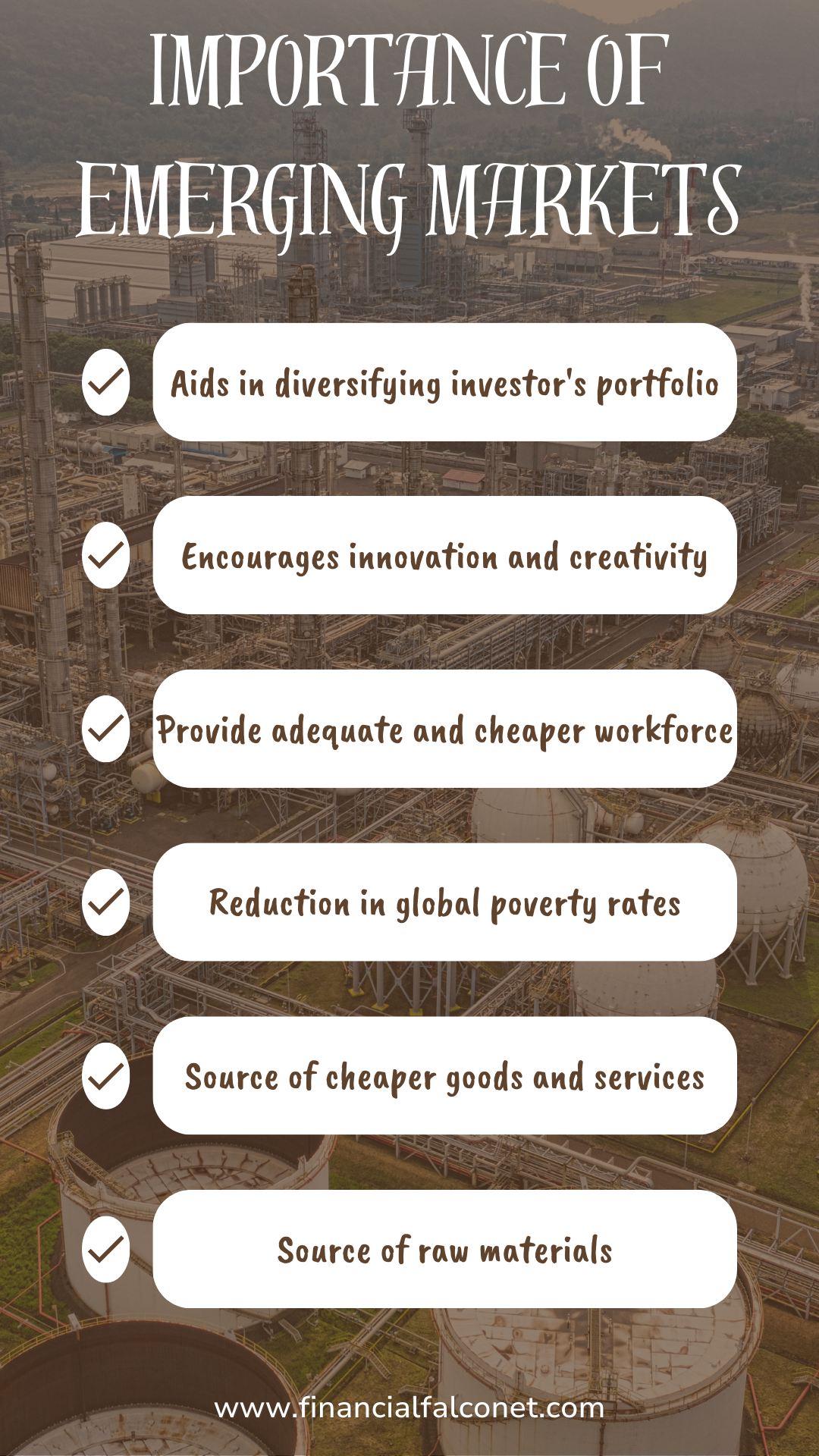Book Value vs Enterprise Value Differences
Book value and enterprise value are two terms that are often used interchangeably without fully understanding their meaning. However, the distinctions between these two important accounting measurements are not that difficult to grasp. In this article, you will learn the similarities and differences between book value vs enterprise values, as well as how they play a role in shareholder equity analysis.
What is book value?
Book value is not an accurate representation of how much a company is worth because it does not take into account the company’s earnings or market forces. It is a measurement of the value of an asset according to accounting made when accounts are prepared. As such, it’s a calculation that greatly differs in meaning from the Enterprise Value (EV).
What is enterprise value?
Enterprise value is slightly different than book value in that it takes into account a company’s outstanding debt and equity. To calculate enterprise value, you would start with the market capitalization of a company (the total value of its outstanding shares) and add or subtract any debt or cash on the balance sheet.
Book value vs enterprise value differences
The main difference between book value and enterprise value is that book value only takes into account a company’s physical assets, while enterprise value also factors in intangible assets such as patents or customer relationships. Intangible assets are often more important to a company’s long-term success than tangible assets.
A table showing the differences between enterprise value and book value
| Book Value | Enterprise Value |
|---|---|
| Essentially, it represents the amount that shareholders would receive if the company were to be liquidated. | Enterprise value is a measure of a company’s true worth, taking into account both its equity and debt. |
| The book value of a company is the actual value that is recorded on the balance sheet. It is the accounting value of a company’s assets and therefore can be misleading or manipulated. | The enterprise value of a firm is basically the total value of all its tradable debt capital, equity, and operations. |
| Book value is calculated by subtracting a company’s total liabilities from its total assets. This number is also referred to as a company’s net worth. | Enterprise value is calculated by taking a company’s market capitalization and adding or subtracting its total debt and cash. |
| Another difference between book value and enterprise value is that book value only considers equity holders. | Enterprise value includes all stakeholders, including debt holders and preferred shareholders. This means that enterprise value is a more accurate representation of a company’s true worth. |
The key takeaway is that book value is only one part of the puzzle when valuing a company. Enterprise value should also be considered in order to get a full picture of a company’s worth.

Similarities of Book Value and Enterprise Value
- Both are measures of a company’s value
- Both include the company’s equity
Importance of enterprise value and book value
These are two key valuation measures used by investors to assess a company’s worth. The book value includes only the value of a company’s assets, while enterprise value includes both the value of a company’s assets and its debts; therefore, the enterprise value is a more accurate measure of a company’s true worth since it takes into account both the company’s assets and its debts or liabilities.
Book value vs enterprise value: which is more important for investors?
For long-term investors, book value may be more relevant, as it provides a snapshot of a company’s net worth. However, for those interested in taking a more short-term view, enterprise value may be more important, as it takes into account a company’s debt obligations which can have a big impact on its share price.
Why enterprise value is more important than book value
There are two main ways to value a company – book value and enterprise value. Book value is simply the value of a company’s assets minus its liabilities. Enterprise value, on the other hand, takes into account a company’s debt and equity, as well as any cash on its balance sheet. This makes it a more comprehensive way to assess a company’s worth.


